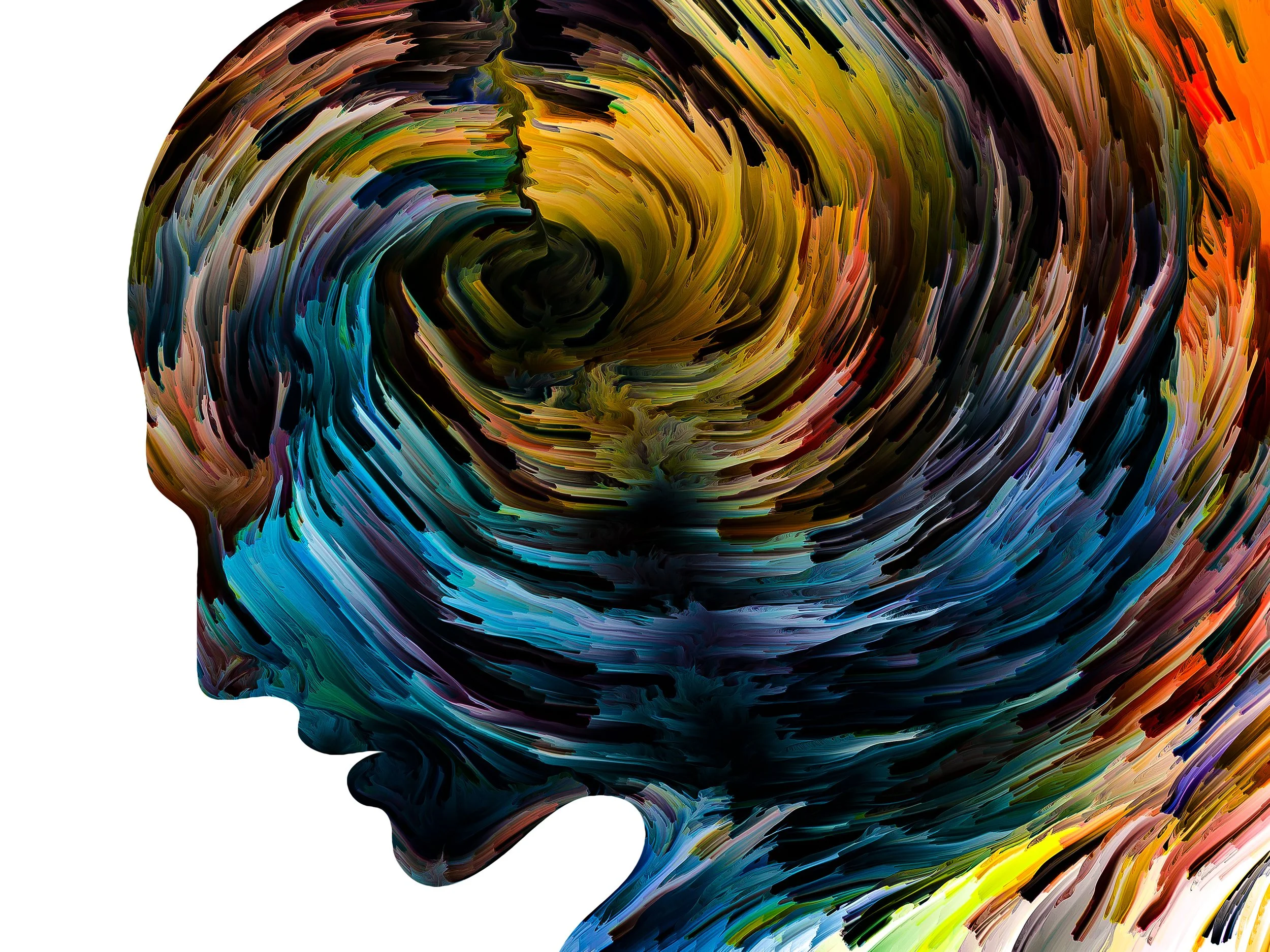I came across an interesting headline recently saying that the US Preventive Services Task Force is recommending that all adults under the age of 65 get screened for anxiety. Apparently, the task force was working on this issue before the pandemic, but symptoms of anxiety have risen 25% since COVID hit. I’m not sure what the pre-COVID baseline was, but an increase like that is a big one.
It’s no wonder. Everything seems less stable, more seems outside of our control. On a personal level, in the last two weeks, my psyche has decided to destroy my circadian rhythms, not allowing me to sleep until the wee hours of the morning, if at all. The last time I pulled that kind of stunt was back in my college essay-writing days. My record back then was about 72 hours awake, but I needed a week to recover. These days, I no longer have the luxury of taking enough recovery time, which is longer because I am no longer 20. I just have to muddle through.
Right now, the source of my anxiety is a professional venture that is not yet financially robust. But it’s a baby venture, so I have some room. Right now, I can manage on my own or with fairly straightforward behavioral therapy. I suspect that most humans have a similar refrigerator hum of anxiety.
I also don’t think that’s what the task force is talking about.
Anxiety is one of those things that starts out as an everyday issue but can spiral quickly, reaching the level of a disorder.
What’s the difference?
Everyday anxiety is manageable. You can still function in your job and other responsibilities, even if you’re not functioning at your highest capacity. Everyday anxiety is also usually tied to a specific situation or condition. You know where it is coming from, so it makes sense that you might be worried. Everyday anxiety is proportional to the issue it’s tied to, and it ends when the issue is resolved.
An anxiety disorder is less manageable. It can be sudden with no apparent reason driving it. If related to a specific issue or situation, the anxiety produced by a disorder may be disproportionate to the cause. In an anxiety disorder, the anxiety may be unrealistic or a reaction to a situation that hasn’t happened (yet).* Anxiety caused by a disorder may not end, even with the resolution of the issue causing it, and some people may be so upset by the related situation that they avoid things that might trigger them.
*I occasionally do this. I catastrophize around worst-case scenarios that haven’t, and almost certainly won’t, happen. But I know what it is when it happens. I may lose sleep for a few days, but after talking it over with myself, I can pull myself out of it.
Anxiety disorders are among the most common forms of mental health conditions there is, and people who have them can be helped with treatment. So, as the task force recommends, get screened. Your family or primary care doctor can screen you and refer you to a specialist if appropriate. Because why let life be harder than it has to be? If they are recommending that all adults under 65 should be screened (and children from eight to 18), obviously you are in good company.

